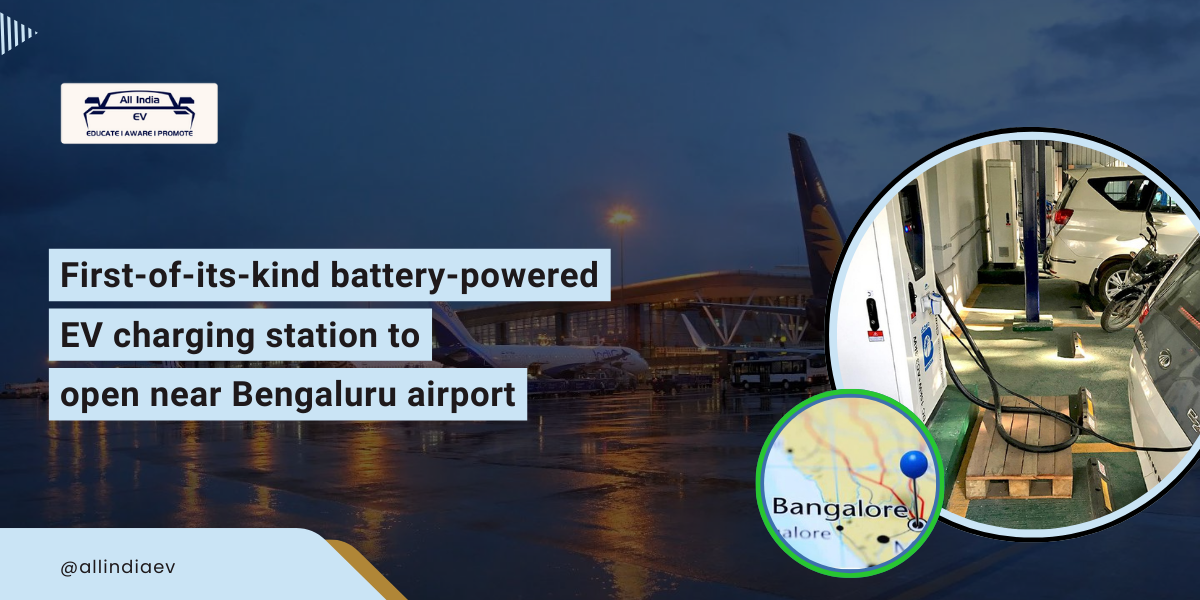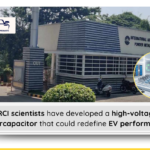
Bengaluru Airport Paves Way for Battery-Powered EV Charging
Bangalore Electricity Supply Company (Bescom) is taking up a novel initiative with a type of measure. It is reusing the second-life or used batteries from electric vehicles for storing solar electricity. These batteries, used first in cars and other vehicles, would later be used to power one of the EV charging stations. Such a new idea not only reduces the generation of wastes to a large extent but also furthers sustainability and helps take electric vehicle infrastructure at least a step ahead in Bengaluru.
Bengaluru Airport Gets a Green Charging Station Powered by Second-Life Batteries
Bengaluru is soon to open a first-of-its-kind pilot project in association with German companies GIZ and Nunam. Second-life batteries will be employed to drive a charging station for electronic vehicles at Devanahalli, located around 1.5 km away from Kempegowda International Airport. GIZ and Nunam will take care of the rooftop solar system investment and batteries, while the Bescom will develop the required infrastructure.
“We’ve chosen a location near the 220 kV Karnataka Power Transmission Corporation Ltd. (KPTCL) station to establish the charging station. This strategic placement will enable us to charge up to 24 vehicles simultaneously.“
senior Bescom official Bengaluru’s Green Initiative: Solar-Powered EV Charging Station with Second-Life Batteries
The city of Bengaluru is pioneering in the field of sustainable transportation with a breakthrough electric vehicle charging station project. The cutting-edge station is to be equipped with a rooftop solar installation, thus ensuring the energy used during the day will be clean. Second-life batteries will then play a dual role in this: storing excess solar energy generated during the day for re-use when the sun is not up. Two stacks of 18 second-life batteries will bring 45 kVA capacity.
This truly makes this project the first in its category, being the first such project in India where second-life batteries have been used to store energy in a solar-powered EV charging station. Bescom officials said that the full operationalization of the project would take another 15 to 20 days, with about 80% of the work completed.
It has now decided to replicate this model in other parts of Bengaluru, and even scale up the model in other parts across Karnataka if the initiative turns out to be a success. The state, hence, reaffirms its commitment toward the notion of sustainable transport and continues to strengthen its positioning in forming the electric vehicle infrastructure in the country. With over 4,462 public EV charging stations in the Bengaluru Urban district, Karnataka has managed to entrench itself as the leading state in India’s EV revolution.









